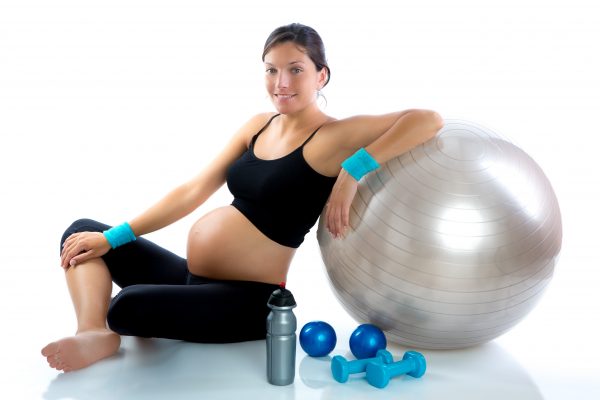Eating well is not rocket science, but reflecting on the what, when, why and where we eat, can open our eyes to small, long term changes we can make which will have a positive impact not only on how we look and feel, but also our immune system and mental health. Taking time to complete a food diary for 4 to 5 days is a really good way to allow us to focus on making change.
Four Questions to ask yourself when tracking your food diary
- What are you eating / drinking – including portion size, cup, fist, bowl
- When are you eating / drinking – time of day
- Why are you eating / drinking – hungry, bored, angry, sad, happy/celebrating
- Where are you when you eat / drink – car, dining table, office desk, on the move
Keeping a food diary
Tracking the “what, when, why and where” you eat/ drink. What’s happening that day with your schedule. Start noticing habits and behaviours associated with your eating and drinking. For example busy schedule food prep the night before. Busy schedule, rushing to the corner store for a quick drink and sugary processed food.
Track “what” you are eating
Portion size, use measurements such as bowl, cup, fistful of food. Don’t forget all the small snacks – these can add up and often highlight areas in the day that energy levels are dipping – may need to be address with changes to meals.
Track “why” are you eating / drinking
Basic hunger / thirst, bored, annoyed, tired, frustrated. Or perhaps you feel too nervous to eat due to stress and then pig out on high fat, high calorie foods once the stressful event is over.
Track “when” you are eating/ drinking
Look at the time of the day that you’re eating, when do you start, when do you finish. Again look at your activities and understand why you may be doing this, Late night out with the girls, up all night with the baby. Research shows that the later we eat, the more disruptive sleep we have. While the body is busy digesting and trying to process these foods, it will not be resting and taking time to heal and re-energise your body.
Track “ where”you are eating /drinking
Are you eating on the run, between clients, in your car. Sitting at home at the table or in front of the TV. Is there any correlation between this and the type / volume of food you consume?
Other things to consider – are there any triggers that impact your eating habits?
Start to notice things like fruit and vegetables, how often you’re eating processed foods, how often you’re eating convenience food and the reasons why. While there is a national guideline of eating five portions of fruit or vegetables a day, the reality is we should be consuming closer to 7.
Have a look at the type of fruit and vegetables you are eating. Are these colourful flavourful vegetables and fruit, full of vitamins and antioxidants? Or are they carb-loaded, for example potatoes, bananas.
At the end of the week have a look back and see what days you felt great and energised and ready for the day, what days you are struggling by midday. The days where everything just seems to get on top of you. Now look back at your eating habits for these days, and perhaps the day before. Is there a correlation or a link?
Eating well is not rocket science, but reflecting on the what, when, why and where we eat can open our eyes to small long term changes we can make which will have a positive impact not only on how we look and feel, but also our immune system and mental health.
Here is your Free Daily Food Diary to get started.



